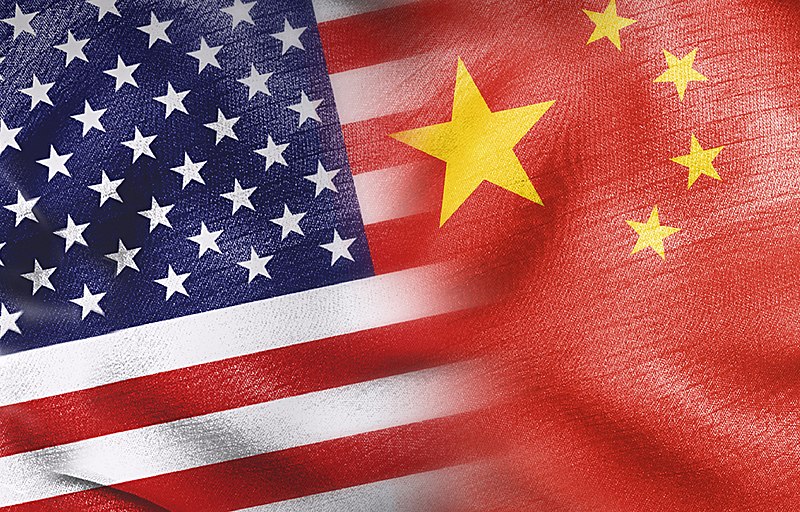 US-China
US-China
Digital currency may become new point of tension between US-China
Washington: China's move to implement the start of a new digital currency may trigger a new battle with the US which is also trying to create its own digital dollar.
However, according to reports, the USA is still a bit behind the Chinese in terms of technology and innovation.
The dragon’s threat to what is considered American hegemony — in terms of the universal acceptability of the US Dollar – is being interpreted in terms of China’s projection of its power beyond Asia and across the Atlantic, reports International Forum for Rights and Security (IFFRAS).
Stephanie Segal, senior associate of the economics programme at the Center for Strategic and International Studies, is already quoted as saying that a central bank digital currency (of China) presents risks to privacy and cybersecurity and it could create fear about data collection methods, regarding who has access to the data, and wonders if privacy protections would be provided.
In the last two decades, China invested a lot of effort and capital to try and become a global reserve currency.
The current reserve currency, the United States Dollar (USD), came into place at the end of World War II as a “testament” to the allies’ victory.
However, chinausfocus.com – an influential open platform website on the bilateral relationship – says that China has begun to threaten its hegemony, adding: “Recently, China has entered into talks with Russia and Saudi Arabia to purchase oil in the Chinese Yuan. This commodity has been reserved for the USD since the 1970s, so closely tied to oil that it has taken on the name of petrodollar.”
The website reports: “China’s growing financial influence and ability to challenge the Dollar as a global reserve currency can be “traced to its advancements in electronic and mobile payments, adoption overseas, and the development of a central-backed digital currency that can operate without ever touching the US financial system”.
The example it gives is unique and tells the whole story: “Imagine ordering coffee or a snack at a streetside stall and instead of pulling out cash or a credit card, you simply hold your phone up for the vendor to scan. This might sound like something only available in the high-tech Silicon Valley,but it is an everyday occurrence n China.”
Apps like Ant Group’s Alipay and Tencent’s WeChat Pay make sure that one needs only one’s phone when going out.
“The use of these apps has become so ubiquitous that many vendors do not like taking cash for their services as it is easier to only use the electronic payment systems. Up to 90 percent of all transactions in China are made this way.”
China is also said to be developing and experimenting with a “digital yuan, a central bank digital currency (CBDC) with China’s own blockchain”.
The website says that one of Bitcoin’s biggest opponents, China has taken the lessons being learned around the new technology and “appropriated it to service its population”.
Those who defend China’s digital currency attempts say the country is trying to “solve some of the issues that public crypto-currencies such as Bitcoin and Ethereum have, like the high cost of capital and energy to conduct transactions” and they would achieve this by “outlawing any personal mining machines and would process transactions on central servers that wouldn’t compete with each other, which would drive up the costs”.
The chinausfocus.com says: “This control of the blockchain in the digital yuan would also enable the Chinese government to change many concepts of how crypto-currencies work. It would be able to fork (changing the base code) the blockchain at will or even reverse transactions that weren’t favorable to itself. Which means, the biggest challenge the digital yuan poses to the US financial system is that it “doesn’t need to interact with it at all”.
Support Our Journalism
We cannot do without you.. your contribution supports unbiased journalism
IBNS is not driven by any ism- not wokeism, not racism, not skewed secularism, not hyper right-wing or left liberal ideals, nor by any hardline religious beliefs or hyper nationalism. We want to serve you good old objective news, as they are. We do not judge or preach. We let people decide for themselves. We only try to present factual and well-sourced news.







